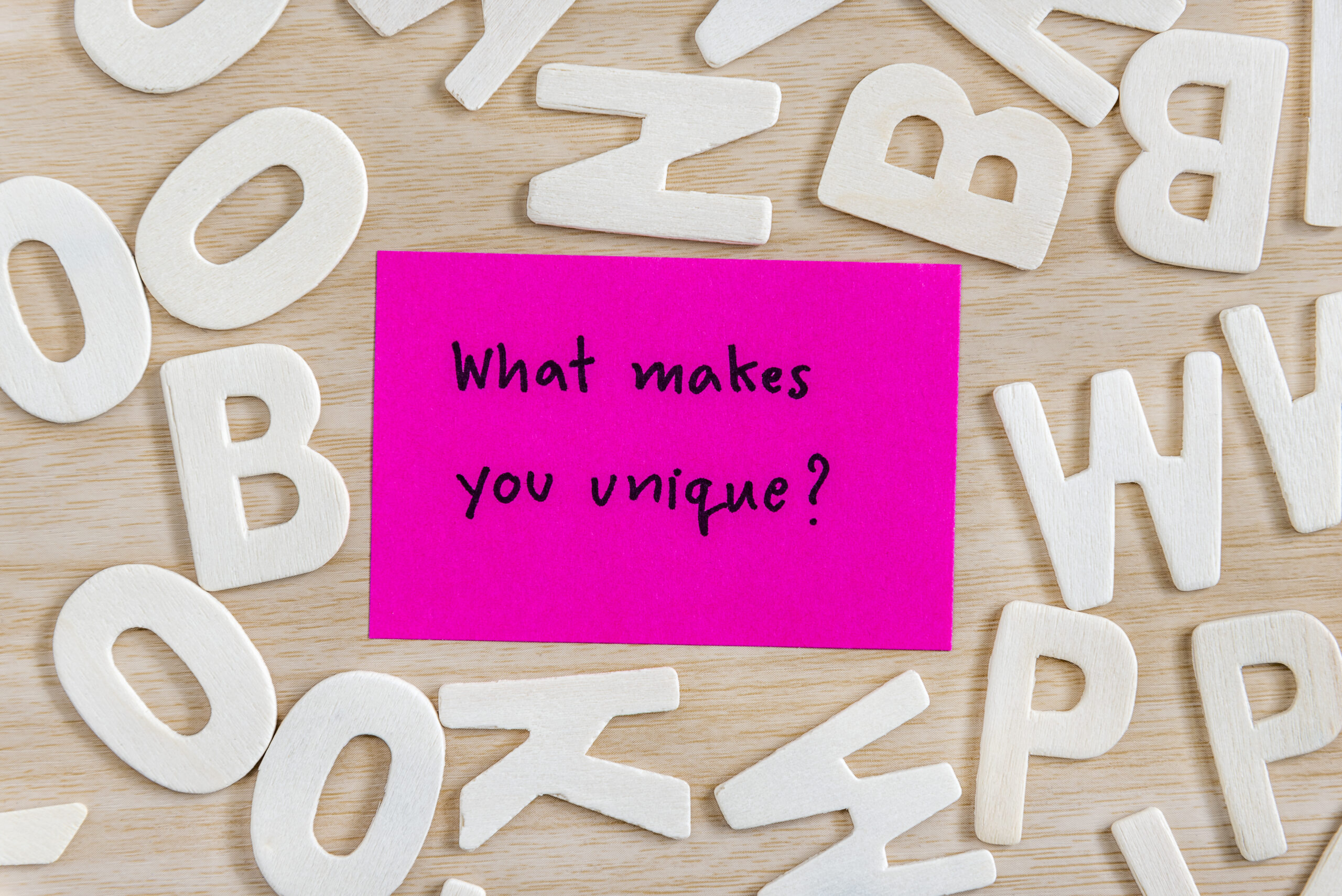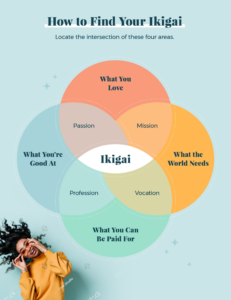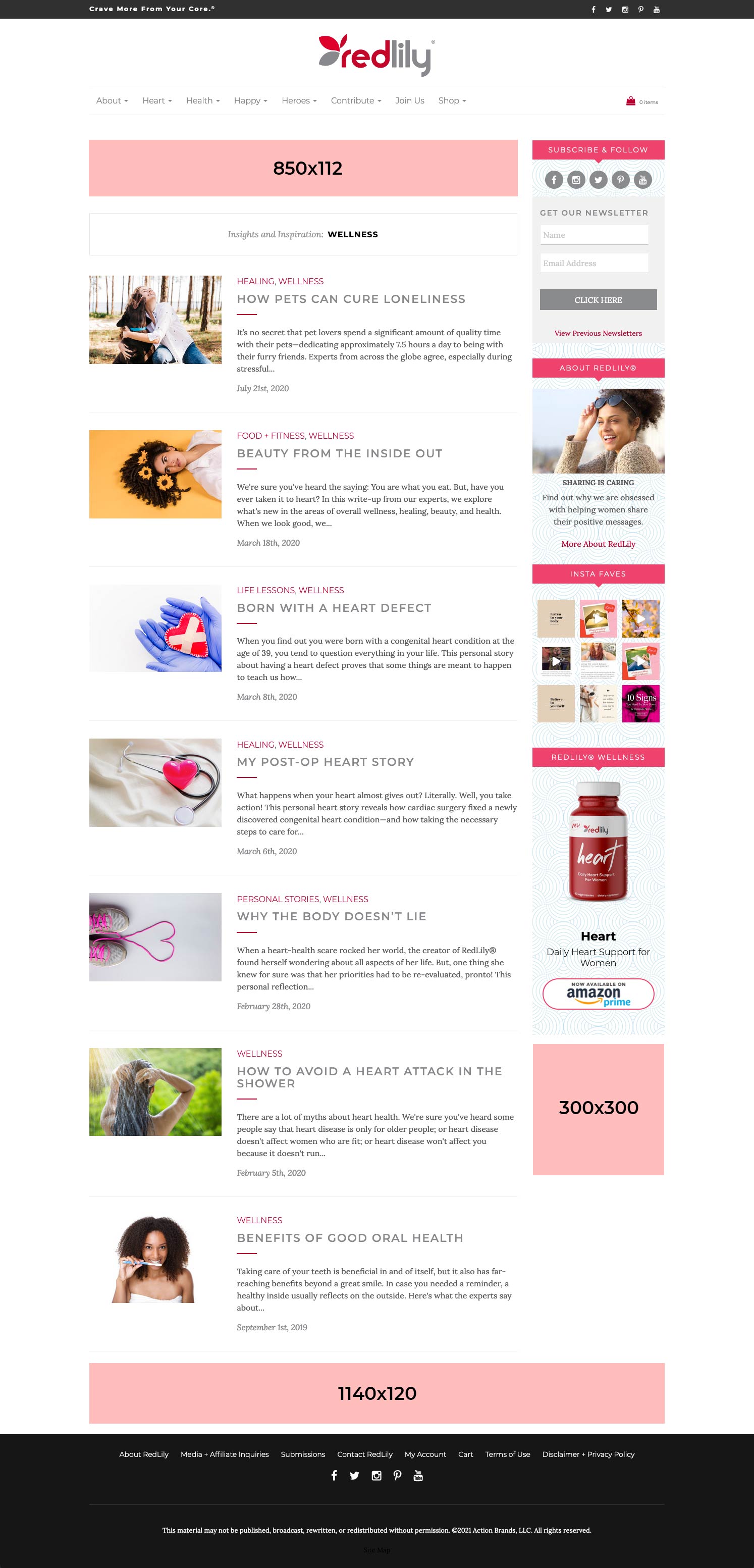When you try to figure out your ultimate life’s purpose, it’s usually a tough one to nail down. In fact, our life’s purpose can change over the years. RedLily® contributor and writer Emily Gibson shares her insights on the Japanese concept of “Ikigai,” which roughly translates to your life’s purpose. Consider what she has to say on the topic through her research and write down your aspirations for the future—What do you want to achieve? What do you love to do? What do you enjoy? You may be surprised at how the little things are really what make all the difference.
“Finding My Life’s Purpose”
(and how you can too)
By Emily Gibson
Not long ago, I was introduced to the Japanese concept of “ikigai,” which roughly translates to your life’s purpose. Being a listless millennial, I was stumped by this concept – what did get me up in the morning? Truth is, finding your Ikigai is super hard to do.
I thought for a long time about my “life’s purpose,” but each time felt more stumped than before. Picking something career-related felt too superficial, while picking something sentimental felt too corny. It’s hard to think about the entire world and try to comb out your place within it.
I found my purpose when I stopped looking for it
When the new year began, I was determined to figure out my own goals for my mind, body, and career. But, ironically, it wasn’t until I stopped trying so hard to figure out what I was meant to do that I truly found my ikigai.

I was chatting with a friend and she told me that she appreciated my attention to detail, and how I never forget important dates or birthdays (I once texted this friend to wish her luck in a meeting she had forgotten even telling me about).
Hearing this made me think about my relationships with those around me, and more than just personal relationships, my relationship with the world itself.
I realized then that I had forgotten to see the forest for the trees.
Basically, I was so caught up in wondering what the big “why” was, that I was forgetting to take in the beauty that is consistently around me. I decided to savor these moments – to take a sip of coffee and taste it fully, to actively listen to my friends, to admire each sunset, and never forget an important date.
What is Ikigai?
Ikigai doesn’t have to be a specific, tangible goal that you’re always working toward. Though I have short-term resolutions to work out more and use my phone less, those material things aren’t what I want to implement fully into my life’s philosophy. When I finally decided what I wanted to become my life’s purpose, it wasn’t anything like what I thought it would be: my ikigai is, simply, to be happy and spread my happiness around.
There’s no direct English translation, but ikigai (pronounced EE-key-guy) roughly translates to your life’s purpose. The concept of ikigai dates back to the 790s. It stems from iki, which means life, and kai, which means shell. Since shells were highly valuable at that time, ikigai means finding the value of your life.
Happiness begins in admiration for daily life
When thinking about this concept, I’m reminded of this quote from poet Khalil Gibran: “Your daily life is your temple and your religion. When you enter into it, take with you your all.”
My everyday ikigai begins with noticing the small details that make life beautiful instead of letting myself get bogged down with the stress of work, friendships, and obligations.
It’s all about your mind, body, and relationships
I am actively attempting to notice mother nature’s beauty, to cultivate positive and strong relationships with those who make me feel good; and to spend a little bit of time each day doing what I want. By taking these steps to make myself happier, I am then able to spread my happiness to others with such simple gestures as a thoughtful text, a small gift, or a home-cooked meal.
Everyone’s Ikigai is different... ...but the journey to identifying it begins with asking yourself a few questions: What do you love to do? What are you good at doing? What does the world need? What can you be paid for doing?
So, what happened next?
I decided to forego the monetary question and focus mainly on the first three but, like I said, everyone is different!
Ever since identifying my own “purpose,” I’ve started to actively notice the small details of my life that make it so unique and beautiful. With this newfound life goal, I can finally see the forest for each of its beautiful trees.
About the Author:

Emily Gibson is a writer who specializes in lifestyle, travel, and insurance. When not petting her dog, you can find her hiking a nearby trail or reading a good book. To find out more about the specific characteristics of Ikigai, visit Emily’s site.
Editor’s note: Do you like to write poems but don’t know where to share them? We are accepting poetry, photo essays, and creative artwork for upcoming issues. Email [email protected] for more information and check out some of our motivation submissions. If this post inspired you to write something for us, here’s how to Submit Your Story so other women can read your experience and know they are not alone.
Thank you in advance.




